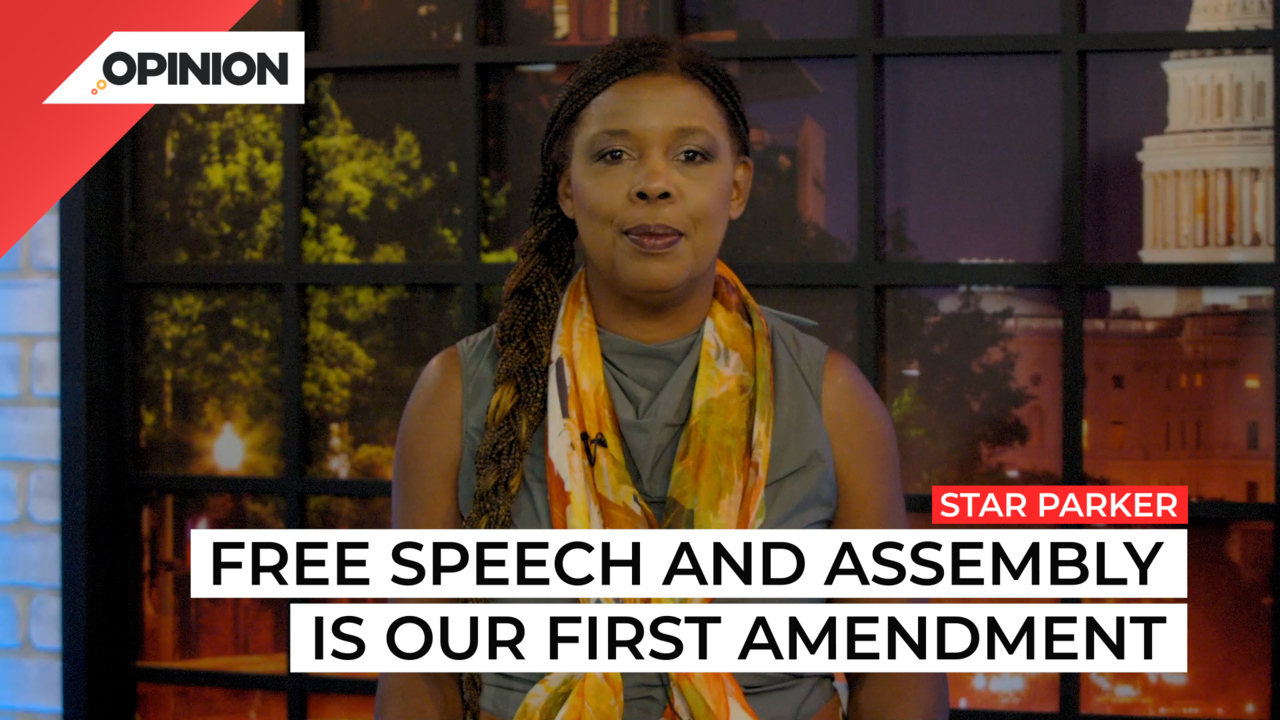
Commentary
-
Our commentary partners will help you reach your own conclusions on complex topics.
In the last fifteen years, social media has no doubt taken over as the town square for public discussion. But similar to what we’ve seen for far longer amongst national news publications and networks, great efforts are taken to silence the voices of conservatives.
This is why, in part, the story of Elon Musk potentially taking over Twitter has been a dominating news story for months now.
And it may be a reason he states, on Twitter, that he was switching his votes this year from Democrats to Republicans. A 2020 Pew Research survey found that 69% of Republicans and Republican leaners say major technology companies generally support the views of liberals over conservatives, compared with 25% of Democrats and Democratic leaners.
It’s why a federal appeals court this year reinstated a Republican-backed Texas law that prohibits large social media companies from banning users over their political viewpoints.
It’s why you saw President Donald Trump banned from Twitter, but not leaders of the Taliban as they retook Afghanistan last year. Being able to use Twitter to spread propaganda was an incredibly useful and strategic tool in the Taliban’s path to power.
Meanwhile, so many liberals continue to play the game of shutting down voices they don’t agree with. According to a Cato Institute/YouGov national survey late last year, liberals are nearly three times more likely than conservatives to say that they have reported another user to a social media company for sharing offensive content or false information. Among social media users, 65% of strong liberals and 44% of moderate liberals say they have done this. That’s compared to 32% of moderates, 21% of moderate conservatives, and 24% of strong conservatives.
But it’s no secret that this kind of culture to silence and suppress has been going on for quite a while. Last year, media attention was focused on silencing podcaster Joe Rogan, simply for having guests on his show who are not in step and line with the woke left. Brendan Eich, co-founder of Mozilla, was kicked out in 2014 from the company he created. Why? Because he made a meager $1,000 donation in opposition of same-sex marriage.
When someone can be removed from their own company, simply for following traditional family values, is it any surprise that folks are now being silenced across social media? This culture of silence that’s long been forming is in contradiction to our founding principles. When we engage and discuss ideas, instead of constantly shunning and silencing, we may find ourselves less divided as Americans.
Free speech and assembly is, after all, our first amendment. And with a critical midterm election coming up this November, now is not the time to forget our Constitution.
-
Trump has an excellent opportunity with Black voters
Former President Donald Trump’s gains with Black voters have narrowed since President Joe Biden dropped out of the 2024 race. Prior to his dropping out, polling indicated that Biden was losing support among Black voters, who had been vital to his 2020 victory. The Trump campaign has been courting Black voters, using the recent Republican…
-
Biden is wrong to support Supreme Court reform
The Supreme Court’s public legitimacy crisis continues to escalate after it issued a series of major recent decisions perceived by many Americans as overtly partisan, most recently the July 1 ruling in Trump v. United States. Calls to reform the Supreme Court long predate these rulings but have gained significant momentum and popularity in their…
-
Liberals stir fear over Supreme Court immunity decision
In a landmark decision, the Supreme Court ruled July 1 in Trump v. United States that presidents are immune from prosecution for any presumably “official” act taken while in office, including criminal acts. Some legal experts and liberal justices were “horrified” by the opinion and warned of grave consequences, while Chief Justice John Roberts, in…
-
Debate disaster raises questions about Biden’s capacity to lead
Even former House Speaker Nancy Pelosi, D-Calif., has stated that it’s valid for voters to question President Joe Biden’s mental health given his recent debate performance. Lawmakers from the opposing party are calling for a select committee to examine his mental health. Watch the video above as Straight Arrow News contributor Star Parker argues that,…
-
Black Americans should vote for Donald Trump
In the 2020 elections, 92% of single-race Black, non-Hispanic voters cast their ballots for President Joe Biden, while only 8% voted for Donald Trump. That one-sided turnout followed a summer of nationwide protests against police violence largely organized by Black Americans in the wake of George Floyd’s murder, and then-President Trump’s crackdown on those protests…
Latest Opinions
-
 U.S. Department of Defense
U.S. Department of Defense
Congress still trying to figure out how to reduce wasteful military spending
-
 DVIDS
DVIDS
US Navy, Air Force making waves with new weapons at RIMPAC
-
 Getty Images
Getty Images
Israeli PM Netanyahu meets with Trump at Mar-a-Lago
-
 Getty Images
Getty Images
Growing US nuclear power resurgence reaches the nation’s heartland
-
 Getty Images
Getty Images
Beer from the sun, other solar thermal projects get government funding
Popular Opinions
-
In addition to the facts, we believe it’s vital to hear perspectives from all sides of the political spectrum.


